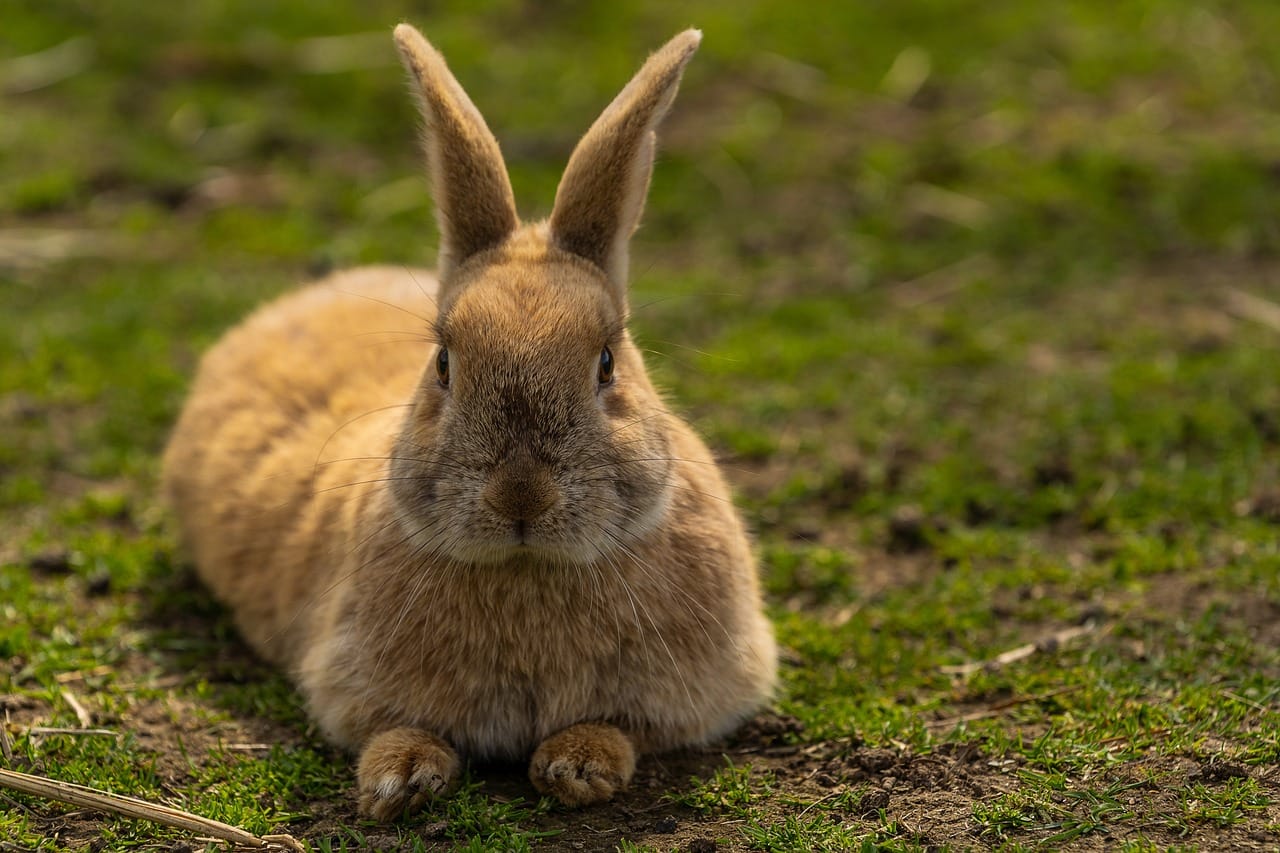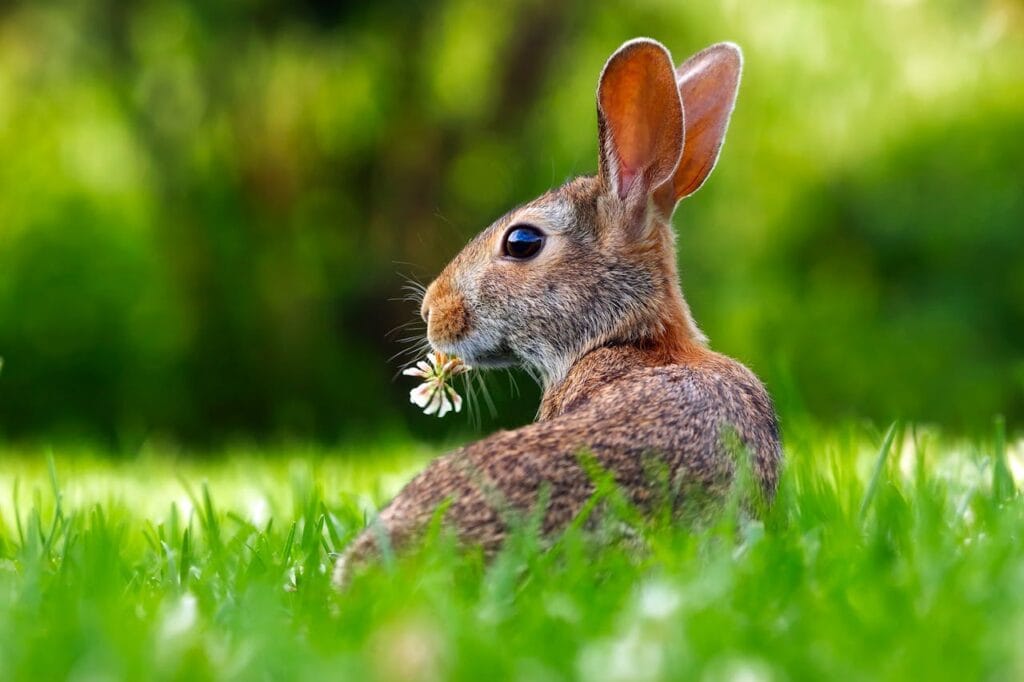
Is your rabbit losing hair on his legs and head? Get to know the causes and treatment of hair loss among rabbits.
Loss of fur among rabbits is commonly caused by diseases, e.g., mange, nutritional deficiencies, stress, pregnancy, inbreeding, hormonal imbalances, etc.
It’s normal for a rabbit to shed, but no bald skin patches should be formed. The rate of shedding should be equal to the rate of hair formation.
Normal shedding helps your rabbit get rid of old and damaged hair.
Abnormal shedding occurs when the rate of hair loss is higher than the rate of hair formation, leading to bald areas on the skin. It indicates disease or impairment in any of the body systems.
In this blog, we discuss the causes, and treatment of hair loss among rabbits and how long it takes fur to regrow in rabbits.
How long does it take for a rabbit’s hair to regrow?
1-3 months, depending on the underlying cause. If the hair follicles are destroyed, the hair might not regrow.
What are the most common causes of hair/fur loss among rabbits?
Several factors cause hair loss among rabbits, but the most common causes are:
Mange
It’s the most diagnosed cause of hair loss among rabbits. Mites cause mange
Allergies from food, drugs, shampoo, and environmental contaminants.
Stress: stressed rabbits pluck off their fur
Excessive heat or poor ventilation: in a hot environment, rabbits shed to regulate heat loss.
Pregnancy: Rabbits about to produce pluck their fur to use it as bedding for their babies.
Nutritional deficiencies: zinc, vitamins, and magnesium deficiencies cause hair loss.
Skin fungal infection
Skin cancers
Genetic disorders due to inbreeding
Hormonal imbalances
Excessive grooming due to ectoparasites and environmental contaminants.
Urine burns: rabbits in unhygienic places sleep in the urine that peels off the skin and the hair.

What is the best treatment for hair loss among rabbits?
The selection of drugs used to stop hair loss among rabbits depends on the underlying cause of hair loss among rabbits.
The commonly prescribed drugs and management practices by vets include:
Ivermectin is given at 1-2-week intervals, 3-4 times.
Anti-mite pour-on, e.g., fipronil (recommended for only pet rabbits).
Anti-histamines
Antifungal medications
Ensure proper ventilation.
Feed a balanced diet to your rabbit.
Provide bedding for your rabbit, which is about to produce
Routine brushing
Proper hygiene
Avoid overcrowding
Conclusion
Most causes of alopecia among rabbits are treatable and respond well to medications if given early.
Visit a nearby veterinarian if you notice signs of hair loss in your rabbits.

Read about causes and treatment of bloat among rabbits.
Read about the most common diseases among rabbits in Uganda and their treatment
